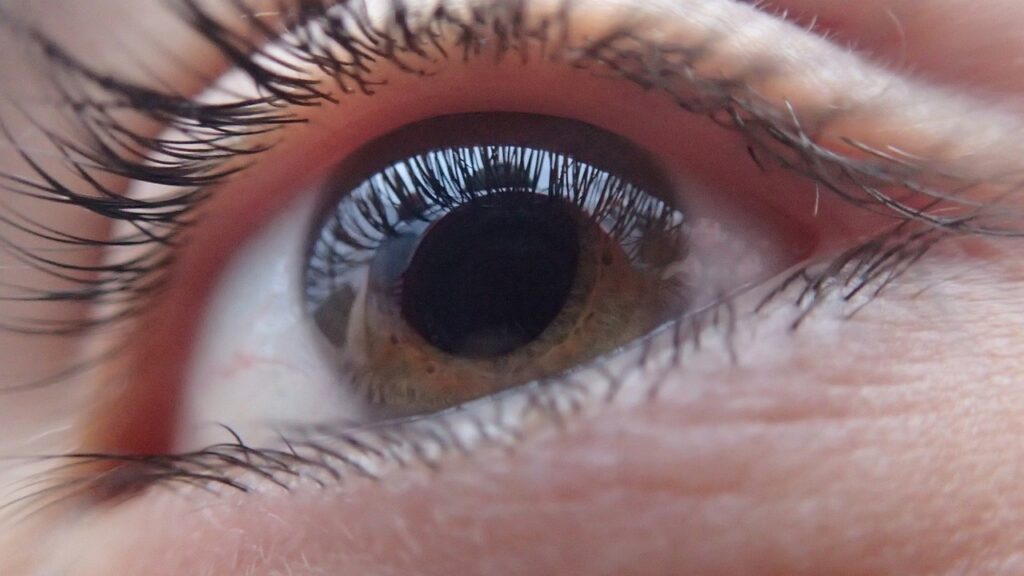A Summary of “Dietary Sources of Lutein and Zeaxanthin Carotenoids and Their Role in Eye Health”
In this 2014 article published in Nutrients journal, El-Sayed Abdel-Aal and team explored the significance of dietary lutein and zeaxanthin carotenoids in promoting eye health. The authors examined the sources, daily intake, bioavailability, and physiological impacts of these essential nutrients on eye health.
Methodology
The article commenced by highlighting that lutein and zeaxanthin are crucial nutrients present in a variety of foods, especially leafy greens, eggs, and fruits. These carotenoids play a vital role in preserving healthy eyes by serving as antioxidants, shielding against oxidative stress, and safeguarding the retina from damage.
Furthermore, the authors discussed recent research on the daily consumption of lutein and zeaxanthin from different dietary sources. They pointed out that most adults do not meet the recommended intake (around 6 mg/day for lutein and 2 mg/day for zeaxanthin). The authors stressed the significance of boosting dietary intake, particularly among older individuals who are more susceptible to age-related eye conditions.
Additionally, the review shed light on innovative functional foods that can enhance the consumption of these carotenoids. Examples include fortified cereals, eggs, and dietary supplements. The authors emphasized the importance of considering bioavailability when assessing the efficacy of these sources. Bioavailability refers to the percentage of a nutrient that is absorbed into the bloodstream and utilized by the body.
Results
The impact of lutein and zeaxanthin on eye health was thoroughly examined, highlighting their significance in preventing age-related macular degeneration (AMD) and cataracts. These carotenoids play a crucial role in supporting the macula, a key area in the retina responsible for clear central vision.
The authors recommended a diet abundant in lutein and zeaxanthin-rich foods or the use of supplements to safeguard eye health and lower the risk of age-related eye conditions. They stressed the need for further research to uncover new sources, enhance intake methods, and understand how these carotenoids protect the eyes.
Conclusion
To sum up, “Dietary Sources of Lutein and Zeaxanthin Carotenoids and Their Role in Eye Health” offers a detailed insight into the importance of lutein and zeaxanthin for eye health. The authors delve into sources, intake recommendations, bioavailability, and physiological effects of these essential nutrients, underscoring their role in preventing age-related eye issues. Ultimately, boosting dietary intake or considering supplementation can aid in shielding the retina from oxidative stress, promoting overall eye health and well-being.

